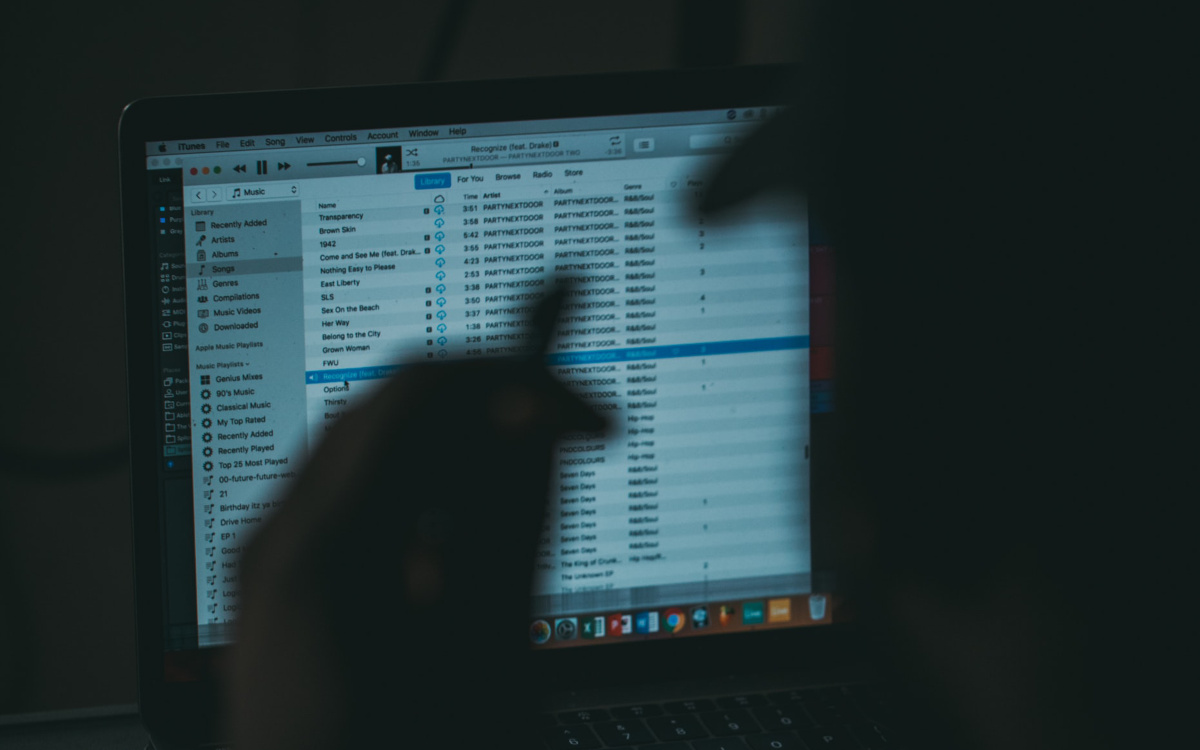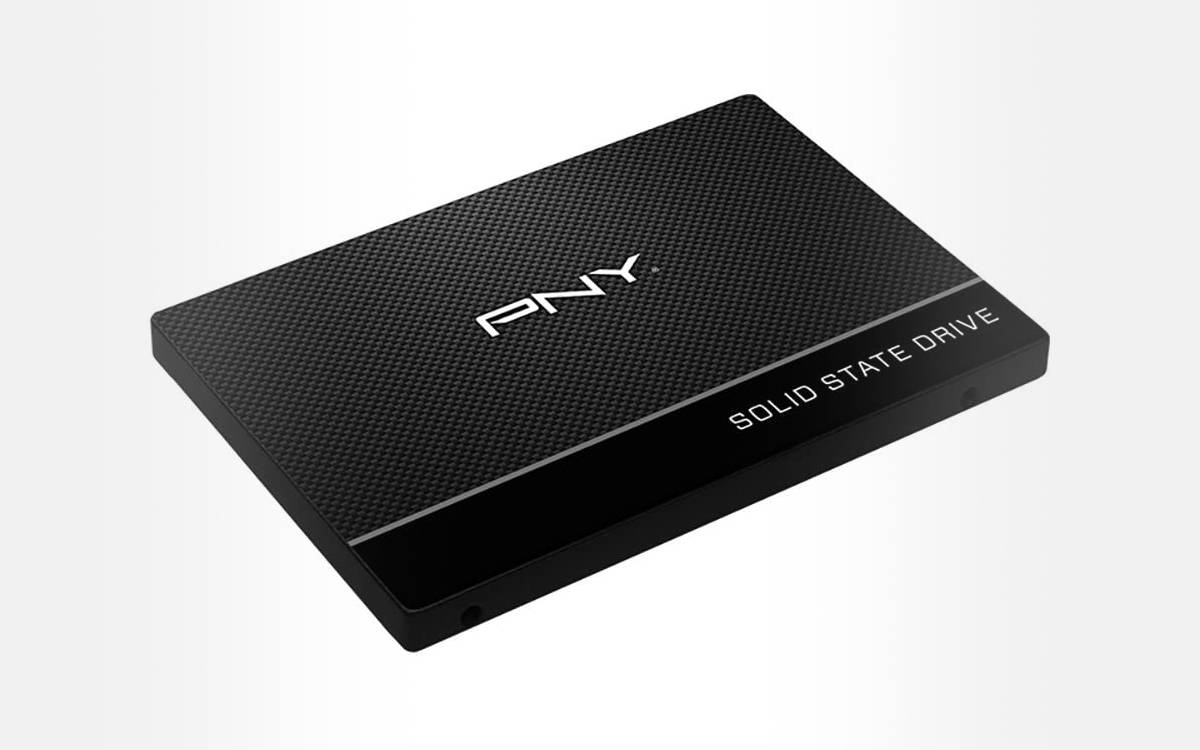
An American operator is the subject of a complaint filed by record companies. According to these, the ISP does not do enough to prevent its subscribers from pirating music. In response, the provider says the blame lies with those who agreed to remove the DRM that prevented consumers from illegally copying the files.
At the beginning of the 2000s, a revolution was taking place in the dematerialized music market: Apple launched iTunes, a shop to download songs or albums legally. These pieces could then be transferred to an iPod to be listened to everywhere. iTunes has remained the undisputed leader in online music distribution for many years. However, in 2007, another revolution took place: the iPhone and the beginning of smartphones as we know them.
Before streaming, the fight against piracy relied on DRM
Consumers could then let their iPod or MP3 player sleep in a drawer and use their smartphone as a music player. However, songs purchased on iTunes are protected by DRM (Digital Right Management) which prevent in particular the excessive copying of files (and therefore piracy), technology that the American firm would have used without acquiring the rights. Result: iTunes customers could copy files a limited number of times. When you change your phone once every two years, that’s fine. But at the time, we changed it more often. And then… users shared their music a bit too.
In agreement with the music majors (Warner, Sony, Bertelsmann, Universal, etc.), Apple decided in 2009 to remove DRM often criticized by customers. So no more limits. At that time, music purchases on iTunes were at half mast and the majors thought above all that music consumption would gradually shift towards streaming (with Spotify and Deezer in particular). So there was really no issue. But the hacking has started again. On a smaller scale, of course. But it’s still a shortfall.
An access provider held responsible for the piracy of music from its subscribers
As you know, the law in many countries obliges operators to act against the pirating of files protected by copyright. Rightsholders can ask them to block a site, provide IPs and even suspend a connection. In the United States, an ISP called CRN is the subject of a complaint from several music majors: they believe that CRN does not fight effectively enough against the piracy of their music. The complaint was filed on January 31, 2022.
While CRN’s early counterattacks have had no effect on the proceedings, its latest argument could have far more repercussions than this single court case. Indeed, the access provider considers that the financial damage caused by the piracy is not due to its lack of vigilance, but decisions taken in 2009, namely the removal of DRM from music files. In other words, those responsible are those who authorized Apple to no longer protect the files. The ISP therefore asks that the people who agreed to delete them be found. And that they be sued for damages.
Read also – iTunes: he considers the “Buy” button misleading and files a complaint against Apple
If this argument is validated by the judge, it could have consequences. First, access providers will no longer have to spend money to fight against piracy. Then, rights holders, who do not want to be held responsible for the piracy of their music, could request the return of DRM on all music files sold on legal platforms.
Source: Torrentfreak




